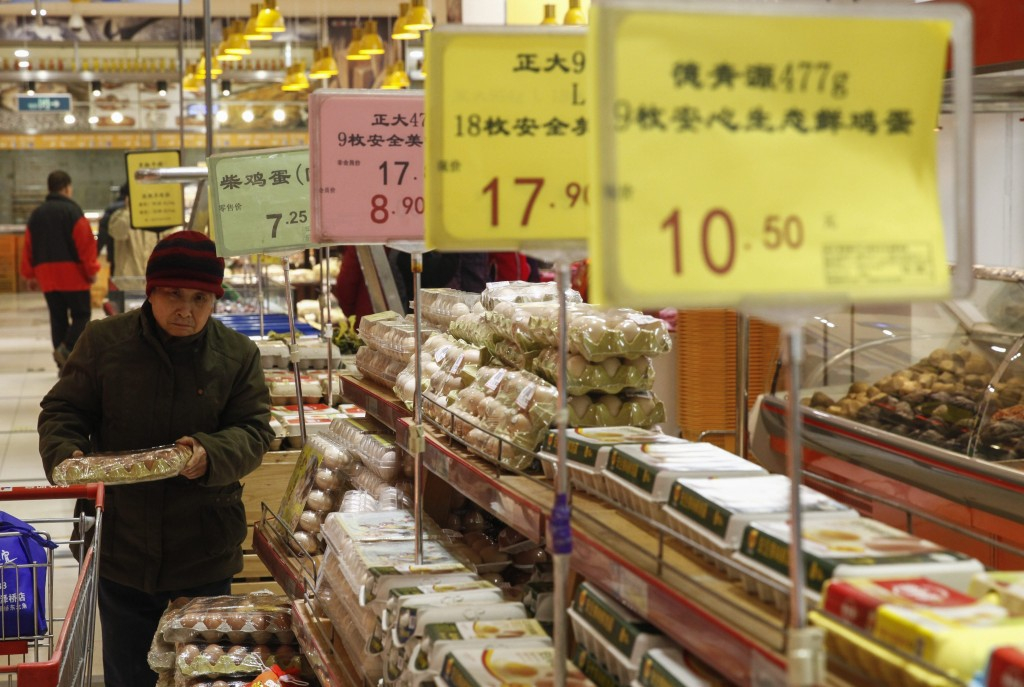
He central bank of china cut, this Monday, August 21, a interest rate clue in an attempt to reverse the post-pandemic slowdown in the world’s second-largest economy. The economy has recently been dragged down by uncertainty in the labor market and a global slowdown, weighing on demand for Chinese goods.
The financial problems of the real estate sector, with several heavyweights in the sector on the verge of bankruptcy and struggling to complete projects, also hit growth significantly.
Another sign of slowdown is that loans to households reached, last month, the lowest level since 2009.
Faced with this situation, the one-year LPR, which serves as a benchmark for loans to households and businesses, was cut from 3.55% to 3.45%, the People’s Bank of China said ( PBoC) in a statement. This rate had already been cut in June.
The five-year LPR, used to price mortgages, held steady at 4.2%. Closely watched by the markets, both rates are now at all-time lows.
The measure, contrary to the trend in Western central banks, which have raised rates to curb inflation, is intended to encourage Chinese commercial entities to lend money with more advantageous interest rates for companies and households.
Chinese stocks did not welcome the announcement
Analysts interviewed by the Bloomberg agency expected, however, a more ambitious rate cut.
“This cut in the LPR rate is disappointing” and could even be counterproductive if the markets interpret it as a “reluctance” of the Chinese power to take more consequential stimulus measures, said Maggie Wei, of the North American bank Goldman Sachs.
Chinese stock markets did not welcome the announcement. Shanghai lost 1.24% at the close, Shenzhen 1% and Hong Kong 1.82%.
On Friday, the central bank and financial regulators had stressed the need to further “support” the economy and reduce “hidden risks and dangers”.according to official media reported this Sunday, without specifying their nature.
Real estate sector continues in crisis
The long-awaited post-pandemic recovery, after the health restrictions at the end of 2022, has lost momentum in recent months, and the real estate sector continues to be in crisis.
The troubles of the Country Garden developer, long considered solid and now heavily in debt, raise fears of a bankruptcy with immeasurable consequences for the Chinese financial system.
The bad indicators of the last few weeks accentuate the pressure in favor of a broad stimulus package, something that the authorities refuse to do in order not to increase the debt.
On the other hand, the government multiplied the measures in favor of the private sector, badly hit during the health crisis, and consumption, through tax deductions. But these provisions do not seem to have much effect at a time when, moreover, one in five young people is unemployed.
The economic slowdown jeopardizes the growth target set by the authorities, around 5% for this year. If achieved, in any case, it would be one of China’s lowest annual growth rates in decades, not counting the pandemic period.
Source: Larepublica
Alia is a professional author and journalist, working at 247 news agency. She writes on various topics from economy news to general interest pieces, providing readers with relevant and informative content. With years of experience, she brings a unique perspective and in-depth analysis to her work.











